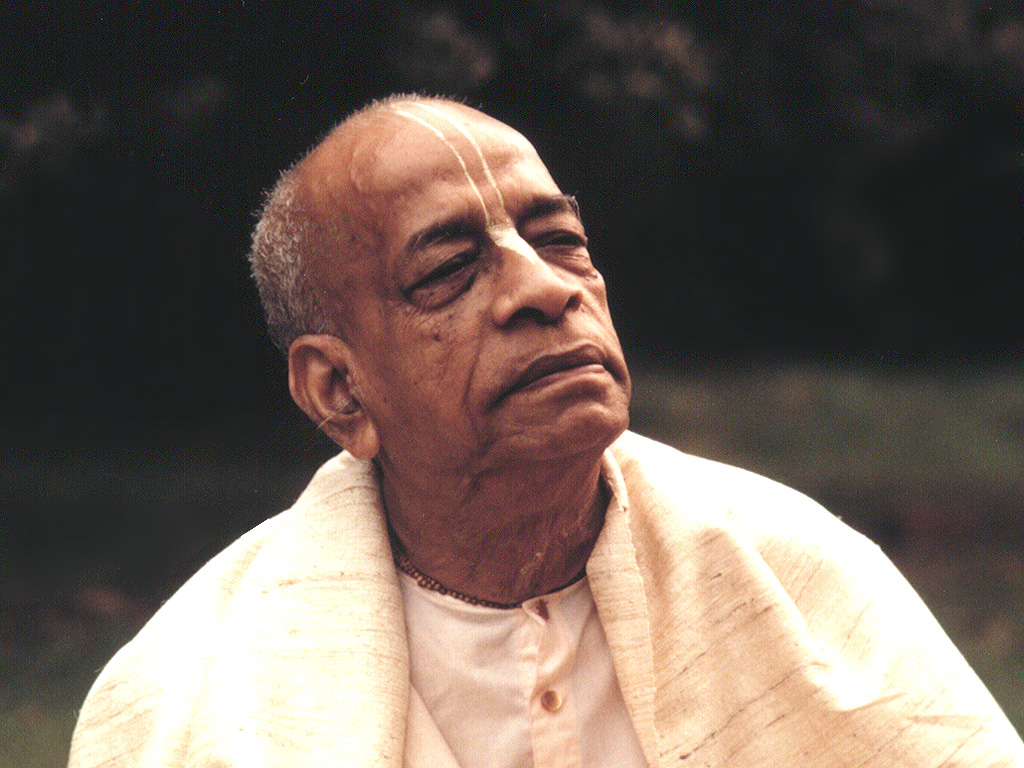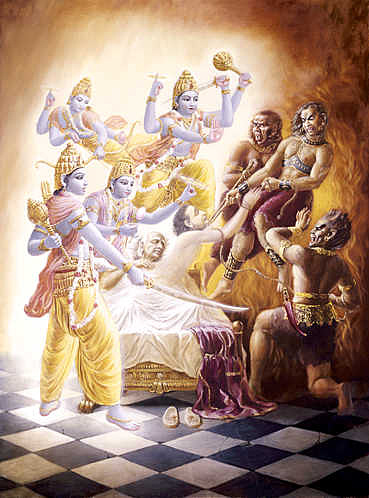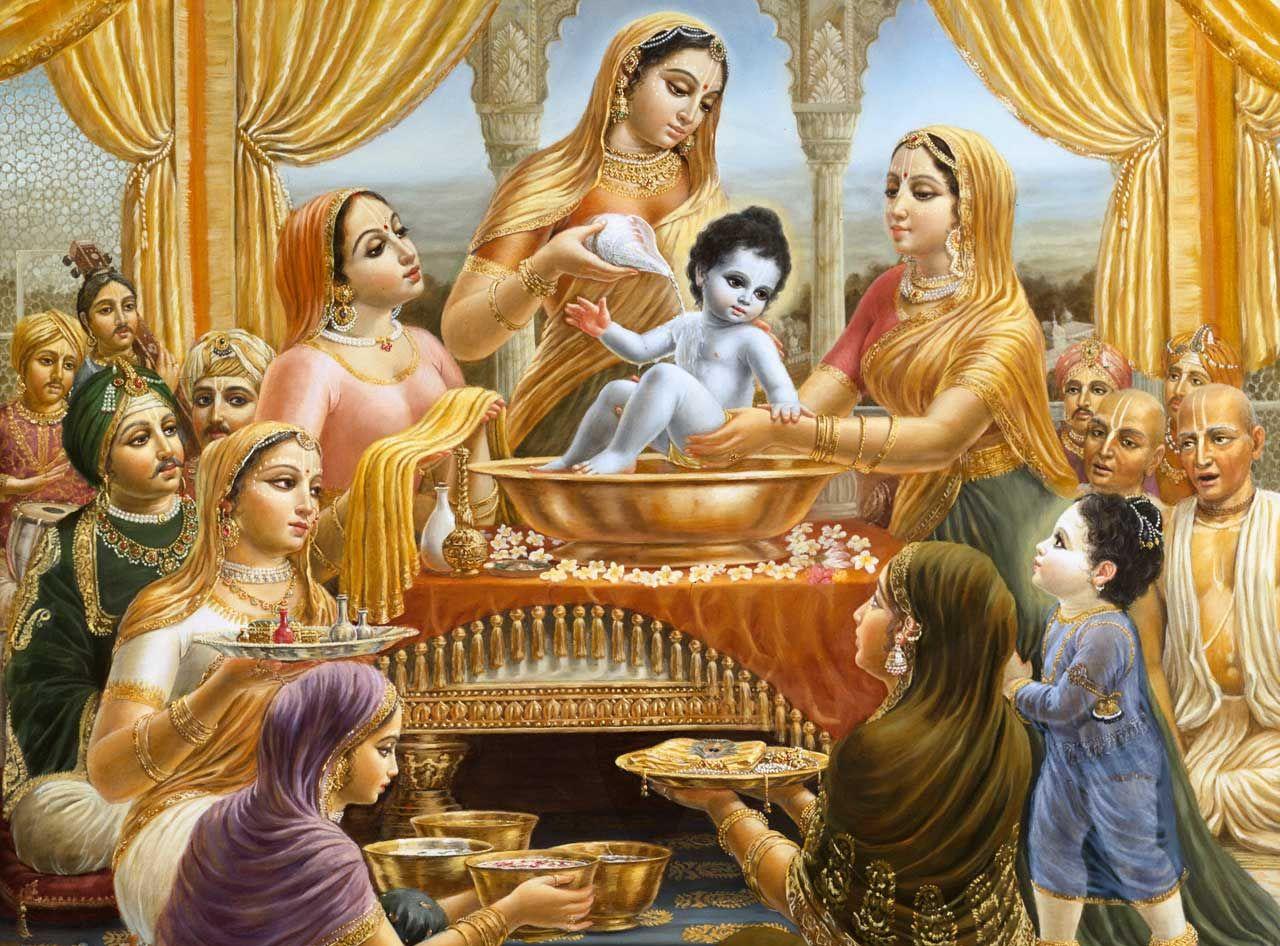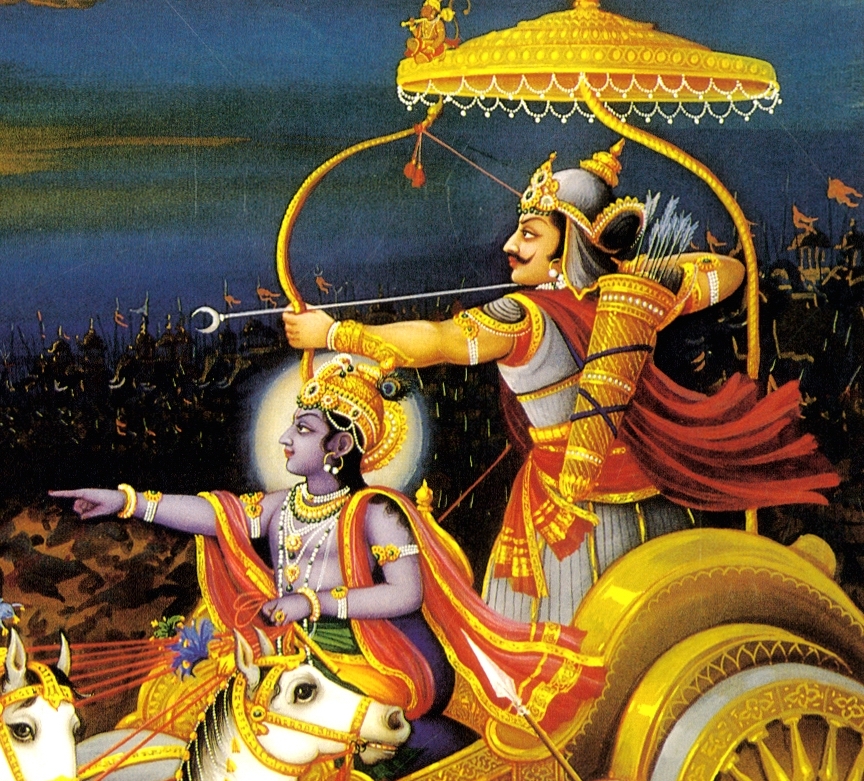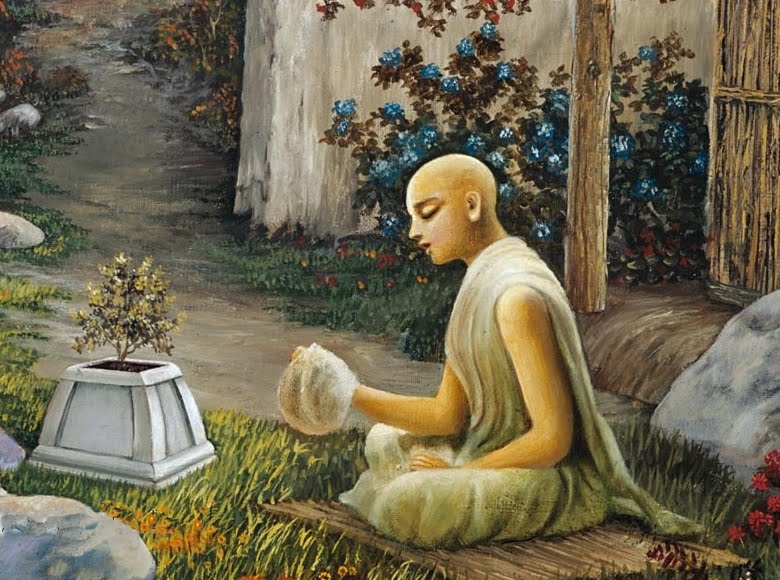“The Words of the Spiritual Master”
by Ananda devi dasi
“Believing in the words of His Spiritual Master, Sri Chaitanya Mahaprabhu introduced the Sankirtana movement, just as the present Krishna Consciousness movement was started with belief in the words of our Spiritual Master. He wanted to preach, we believed in his words and tried somehow or other to fulfill them, and now this movement has become successful all over the world. Therefore faith in the words of the Spiritual Master and the Supreme Personality of Godhead is the secret of success. Sri Chaitanya Mahaprabhu never disobeyed the orders of His Spiritual Master and stopped propagating the Sankirtana movement.
Srila Bhaktisiddhanta Saraswati Goswami, at the time of his passing away, ordered all his disciples to work conjointly to preach the message of Sri Chaitanya Mahaprabhu all over the world. Later, however, some self-interested, foolish disciples disobeyed his orders. Each one wanted to become head of the mission, and they fought in the courts, neglecting the orders of their Spiritual Master, and the entire mission was defeated. We are not proud of this, however the truth must be explained. We believed in the words of our Spiritual Master and started in a humble way-in a helpless way – but due to the spiritual force of the Supreme Authority, this movement has become successful.” (From the Chaitanya Charitamrita written and presented by Srila A.C. Bhaktivedanta Swami, Srila Prabhupada Cc Adi 7.95-96)
Continue reading